News & Announcements
Open Door Sessions
CCEE, in collaboration with LEAs and partner organizations, is hosting “Open Door” sessions to share best practices, tools/resources, and strategies to support student learning. These sessions provide opportunities for county office and/or district staff to listen and learn from other LEAs across the state.
Below are archived materials from past Open Door Sessions:
Please check our Events Calendar or follow CCEE on Twitter and LinkedIn to stay up-to-date on upcoming Open Door sessions.
LEA Spotlights
The Spotlights Project aims to celebrate some of the innovative, inclusive, and shareable practices that LEA teams have implemented to improve outcomes for students across our state. Each Spotlight organizes the successes, challenges, and lessons learned in a way that calls attention to emerging practices, reproducible strategies, and applicable resources, in hopes of introducing accessible points of conversation for other LEAs looking to resolve similar issues.
Below are three recently published Spotlights. Click on the links below to learn more about the innovative practices taking place in these LEAs.

Districts across California are partnering with Scaling Student Success to develop graduate profiles that more equitably and holistically redefine student success, transforming how they support students in developing the skills, competencies, and mindsets needed to thrive in college, career, and life.
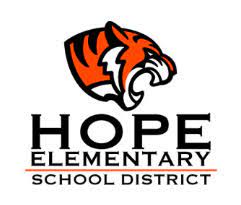
Hope ESD‘s commitment to transparency and data-driven decision-making is empowering students to own their educational journey, nurturing a community of lifelong learners.

Federal Terrace Elementary School participated in CCEE’s Intensive Assistance Model Project, receiving intensive onsite support from Solution Tree to redefine collaboration and transform their Professional Learning Community.
About the I3 Center
The Innovation, Instruction, and Impact (I3) Center implements a statewide approach to improving LEA capacity by collaboratively developing, delivering, sharing, and spotlighting practices that have demonstrated the power to improve outcomes for students.
About the CCEE
The California Collaborative for Educational Excellence is a statewide leader delivering on California’s promise of a quality, equitable education for every student.
Executive Director’s Corner
By Matt J. Navo, Executive Director

Having a statewide view helps our organization better understand what’s working and what’s not working. This is particularly important when it comes to how educational professionals engage best for professional learning. Time and time again, we hear two desires: 1) we want to learn from our peers and 2) we want to see how others are doing “it” – “it” being whatever it is we are trying to learn. This newsletter explores the various learning networks and peer-to-peer learning opportunities being used to support educators’ desires to learn.
Learning Networks: Fostering Collaboration, Including the New I3 Learning Network Resource Hub

By Ingrid Roberson, Assistant Director of Research Learning
On November 15th, the Innovation, Instruction, and Impact (I3) team hosted our first Cross-Network Convening, bringing together 19 districts and counties from across the state who are engaged in our African American Student Success Network, Data Research Learning Network (DRLN), and our newly added Universal Design for Learning Network. The theme for the convening was Street Data: Making Data Meaningful to the Lives of Students, Teachers, & Families.
At the start of the Convening, participants listened to district and county experiences with street data from Dr. Kimberly Hendricks-Brown (Fresno USD) and Fawn Nielsen (Imperial COE). Attendees then had network-specific time to learn more about Street Data in the context of their network learning. For example, in the DRLN, districts and counties conducted a data inventory at the satellite, map, and street data levels for their Innovation Projects. The event culminated in a showcase where each district and county shared their Problems of Practice, highlighting ideas and insights on how street data might enhance progress monitoring and measuring impact.
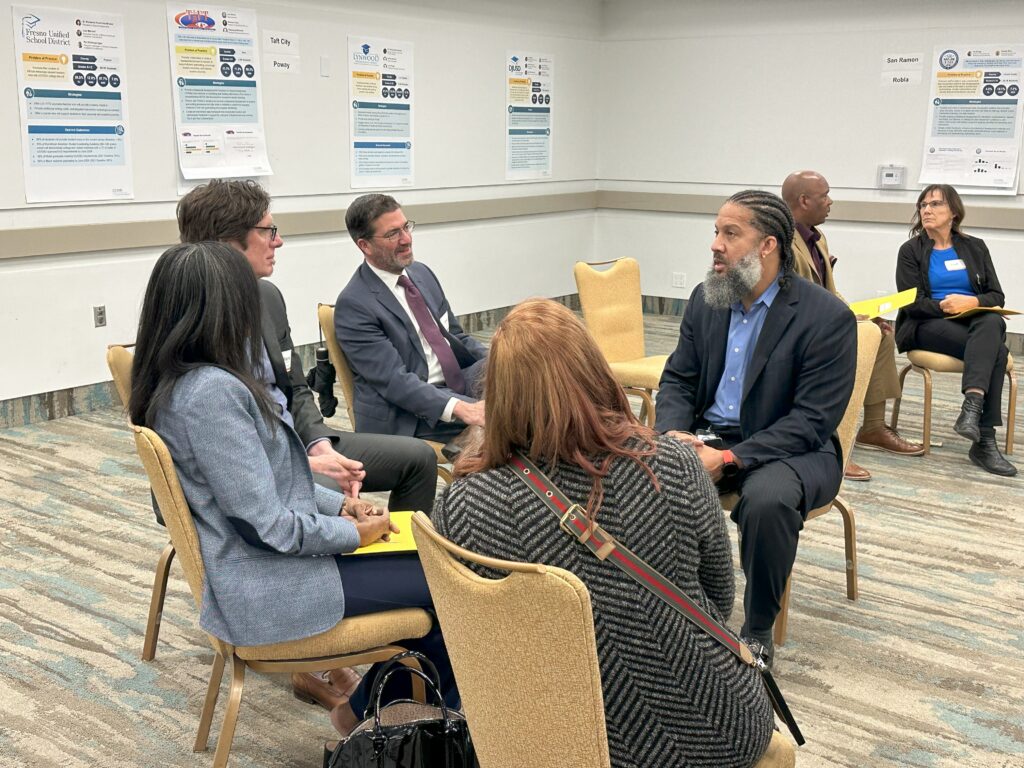
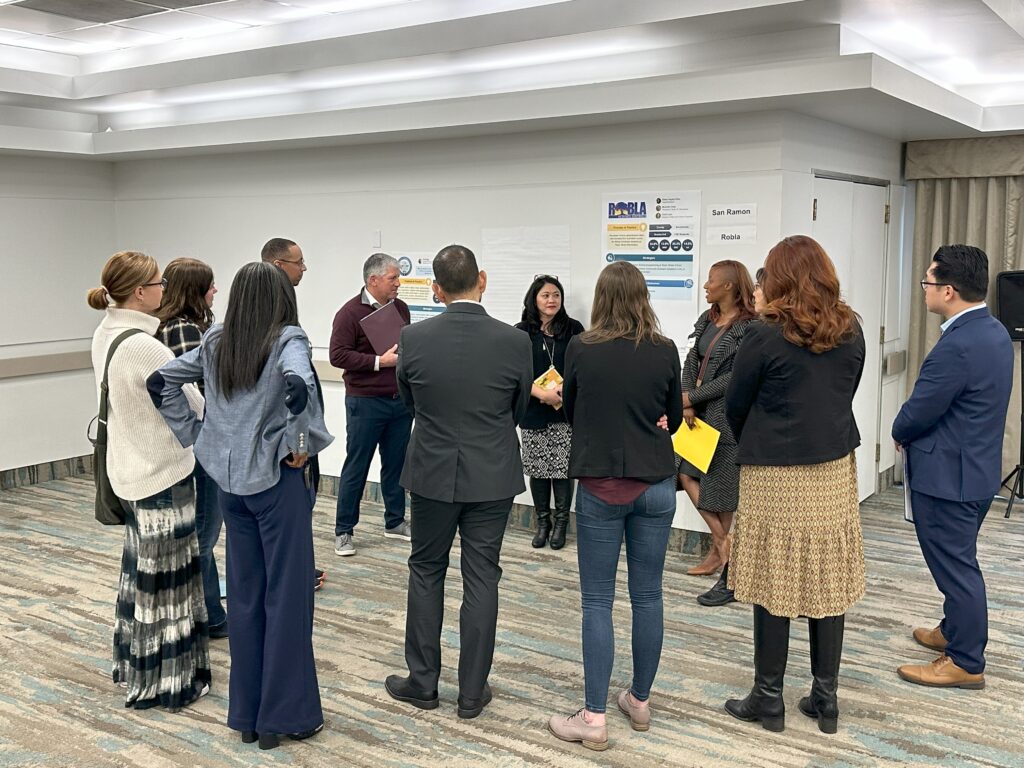
To foster continued cross-network connections, I3 is excited to launch the I3 Learning Networks Resource Hub. The Hub provides a one-stop shop for resources emerging out of learning network projects from districts and counties representative of the state of California. For example, the Hub includes teacher and student surveys created by the Center for Assessment focused on formative assessment practices that foster student agency from the DRLN’s Rincon Valley Union School District. As one learning network member shared at the convening, “Cross networks are the safety nets we all need when we work to lead,” capturing the supportive spirit of collaboration.
Focusing on African American Student Achievement: Addressing the Growing Gap
By Sujie Shin, Deputy Executive Director &
Italo Ciccarelli, Program Specialist


Amidst the ongoing challenges presented by the COVID-19 pandemic, district leaders are grappling with its disproportionate impact on minority and at-risk student groups, notably exacerbating the pre-existing achievement gap for African American students.
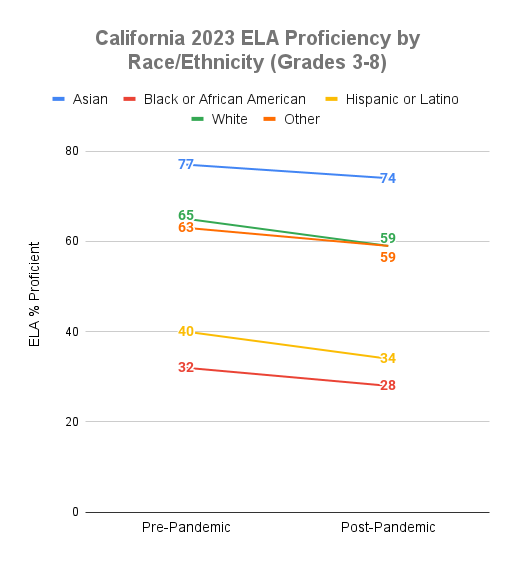
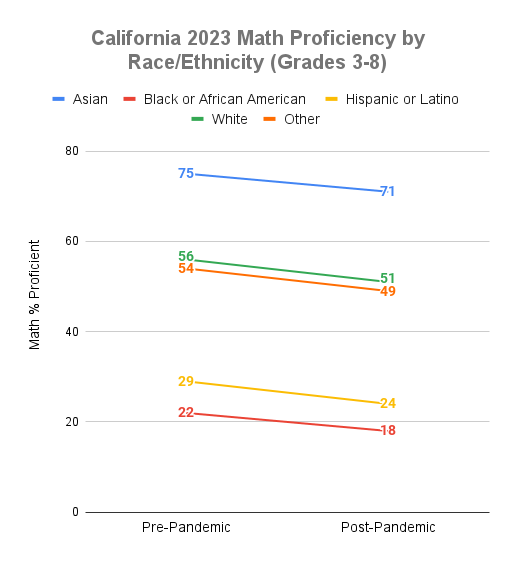
Examining these challenges is the focus of the African American Student Success Network (AASSN), who, in collaboration with the California Association of African-American Superintendents and Administrators (CAAASA) is engaging in shared cycles of inquiry to better understand the gaps in access, opportunity, and outcome for African American Students. The participating district and county office teams have come together around a common area of focus, collectively addressing implementation challenges, and distilling and disseminating lessons learned and best practices.
LEA Learning Networks: Recognizing and Amplifying Success
The seven Local Educational Agency (LEA) teams have been testing systems change processes over the past two years to improve learning, achievement, and educational attainment outcomes for Black students.
By establishing deep trusting relationships with partnering school district, and county office leaders to participate in shared cycles of inquiry, the networks create a platform for collaborative problem-solving centered on a common area of focus. This collaborative approach aims to address specific problems of practices (PoP) in our African American Student achievement and related strategies to improve student outcomes and reduce the achievement gap. For instance, the AASSN participants are actively working on strategies such as improving career and college readiness for Black students in the Central Valley, decreasing the overidentification of African American students in Special Education, enhancing Math CAASPP standards for African American students in the 6th grade, and mitigating the overrepresentation of African American male students receiving non-passing grades in core classes.
During this second-year cycle, participants have focused on delving deeper into implementation and data monitoring to study the effects of the proposed strategies and learning from it. Some LEAs already show promising signs of their implemented strategies coming to fruition. For example, Lynwood USD is showing a 17% reduction in Ds and Fs in core classes for male African American students in grades 9 to 12 (2023-24 AASSN Handout) from their baseline in SY 2021-22. The San Diego County Office of Education has seen a promising 19.8% reduction in chronic absenteeism rates among African American/Black students across the four Community Schools Program sites tested (CCEE & San Diego COE, CERA 2023) in the same period. We are excited to continue partnering with our network leaders as they actively contribute to dismantling systemic barriers and fostering a more inclusive, accessible, and equitable educational landscape for African American students.
Inspiring & Realizing a Whole Child Vision Through Graduate Profiles
By Dorcas Kong, Senior Specialist of Executive Projects

California’s LCFF Priorities/Whole Child Resource Map illustrates how the Local Control Funding Formula (LCFF) priorities align with whole child resources and supports to “ensure that ALL students are healthy, safe, engaged, challenged, and supported.” However, to create comprehensive, integrated systems of support that effectively serve the needs of the whole child, local educational agencies (LEAs) require the partnership and support of the broader educational community. It’s through their collective purpose and responsibility to support students’ learning, development, and well-being that drive the transformative changes needed to better serve its students, families, and communities.
Check out the Community Engagement Initiative (CEI)’s learning module on
Community Partnerships for Systems Change!
LEAs across California are modeling how to meaningfully engage their communities in developing and implementing a graduate profile, also known as a learner portrait, to serve as a locally-defined whole child vision that:
- redefines student success in a way that promotes equitable student outcomes,
- cultivates student agency, and
- prioritizes the skills and competencies to thrive in a rapidly evolving world.
By centering the voices of students, families, educators, and community members in the design of what will eventually become the LEA’s guiding compass, the graduate profile becomes a community-driven promise to its students. It begins to serve as the “why” behind decisions to determine what they’re doing and how they’re helping students foster the skills, competencies, and mindsets articulated in the graduate profile — placing students at the center of all their efforts.
Scaling Student Success has partnered with several California school districts through its Reimagining California Schools Innovation Pilot to develop and operationalize a “unique, locally-developed graduate profile,” guiding them through the journey of moving from “poster to practice”. As these districts embark on their graduate profile journeys to transform student learning, CCEE will be capturing their stories through our LEA Spotlights series, capturing their experiences, challenges, and lessons learned, in hopes of inspiring other LEAs to join the movement in redefining what it means to be a college- or career-ready student in California.
If you are interested in learning more about this work, or would like to share your LEA’s story, please contact Dorcas Kong at [email protected].
